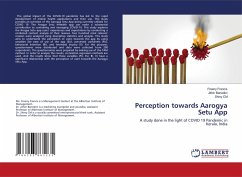This ambitious new theory of entrepreneurship brings together historical and contemporary links between responsible and business opportunism. This thesis applies phenomenographic content analytical approaches to a mix of quantitative and qualitative data sets in an explanatory multiple case study of business theorists, military masters and national leaders to generate an integrated global theory of entrepreneurship. Triangulating contemporary studies of individual, small business, multi-national and nation-state enterprises with historical theory, the text and conceptual models examine visionary, altruistic and pragmatic corporate and dynamic individuals ranging from Ghandi, Mandela and Deng Xiaoping to Keynes and Schumpeter and Shane. Revealing the contents of previously black-box approaches to theorization, this comprehensive thesis identifies the clathrin-path of ICE-ness, FARness and RAWness that are integral to developing and measuring responsible, sustainable entrepreneurial activity.
Bitte wählen Sie Ihr Anliegen aus.
Rechnungen
Retourenschein anfordern
Bestellstatus
Storno








